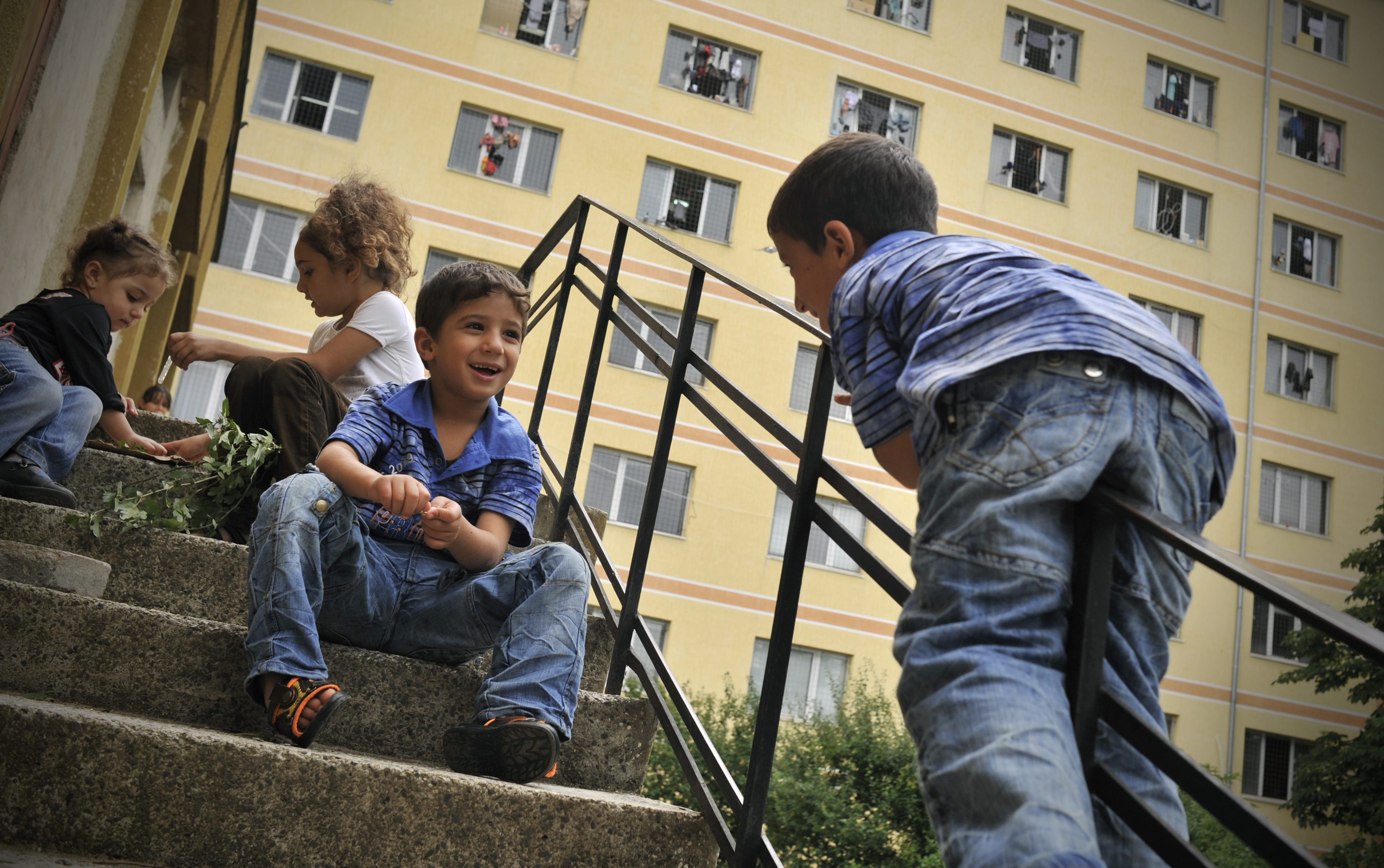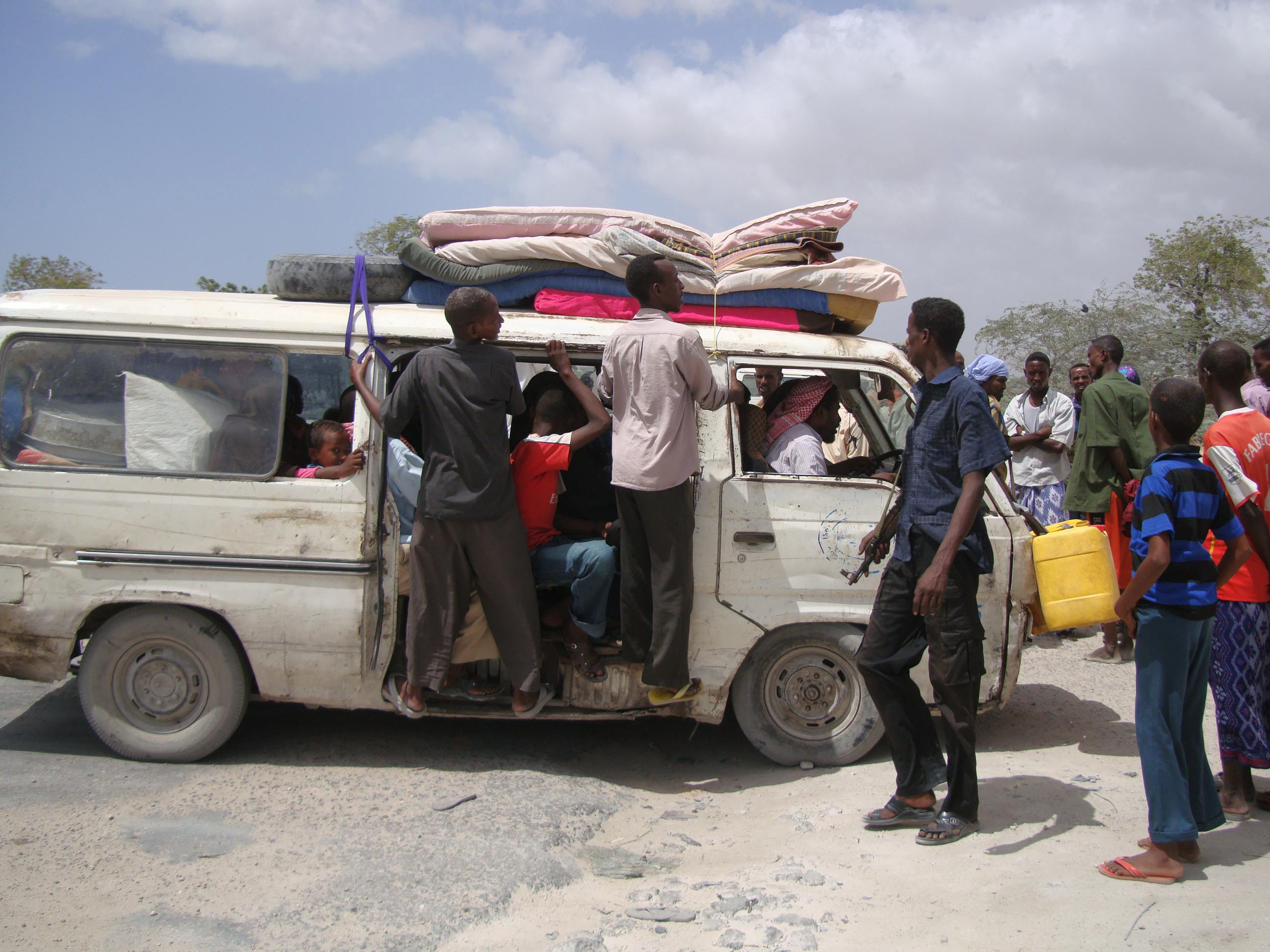UNHCR dissatisfied with new EU rules on family reunification
UNHCR dissatisfied with new EU rules on family reunification
23 September 2003
GENEVA - The UN refugee agency said today it has reservations about the latest set of harmonized rules that have finally been agreed by the EU member states after more than three years of negotiations, and noted that standards of harmonization have been considerably diluted during the long negotiation process.
UNHCR said the latest directive, which sets out conditions under which refugees and migrants may be reunited with their families, discriminated against certain categories of refugees, and could lead to some refugees remaining unnecessarily separated from their children and spouses.
UNHCR said it appreciated that the directive accords fewer restrictions to the reunification of refugee families than for other migrants. For example, unlike migrants, refugees are not obliged to demonstrate that they can provide their own accommodation and health insurance. Nor do they have to prove they have a regular and stable source of income. However, these requirements may be applied if a refugee fails to request family reunion within three months of being granted refugee status. Refugees are also exempted from the requirement for migrants to have resided in a country for two years before their family can join them.
However, UNHCR said it regrets that some of the measures restricting the reunion of migrant families will also affect refugee families.
The agency said both the basic standards, and the degree to which the new directive provides genuine harmonization, have been considerably diluted when compared to the European Commission's first draft drawn up in 1999.
"Family reunion can be denied on the grounds of public policy, public security and public health," said Raymond Hall, director of UNHCR's Europe Bureau. "The problem is that 'public policy,' in particular, is a very vague term that could be easily used to keep families apart without any real justification."
The directive also now contains a narrow definition of the family unit, which will allow states to restrict the family members with whom a refugee may be reunited to his or her spouse and minor children. Under the directive, states are not obliged to admit adult children, elderly parents or other close relatives who may be entirely dependent on the refugee.
In addition, the directive contains a provision stating that refugees and migrants are not automatically entitled to be reunited with their spouse, unless they are both over 21 years old - which potentially means splitting marriages that have not only been in place for several years, but which may also have produced children.
UNHCR also criticized the provisions which state that reunited family members of recognized refugees may be forbidden to work for up to one year for reasons "related to the situation of the labour market."
Finally, UNHCR said it was disappointed that the new directive does not provide people who have been granted "subsidiary forms of protection" any rights to family reunification. A subsidiary form of protection is a status that should be similar to refugee status, but is given to people who do not technically fulfil the strict requirements under the 1951 UN refugee Convention, and in particular the idea that refugees must have been in fear of individualized persecution, rather than, for example, generalized violence or indiscriminate bombardment during a civil war.
UNHCR believes that those recognized to be in need of international protection should be entitled to basic standards of treatment, including the right to live with their families, irrespective of whether they are receiving protection under the 1951 Convention or under an alternative protection status.
"We see no justification in excluding beneficiaries of subsidiary protection from the scope of the directive," said Hall, "since these people often have needs that are every bit as compelling as those of refugees."
Thus a person who fled targeted persecution in Bosnia in the early 1990s would be entitled to have their family join them in their EU asylum country, whereas a person who escaped the incessant bombardment of besieged Bosnian cities such as Sarajevo or Gorazde might be given a subsidiary form of protection. Under the new EU Directive on family reunification, the latter person would have no right to have her family come and join her.





